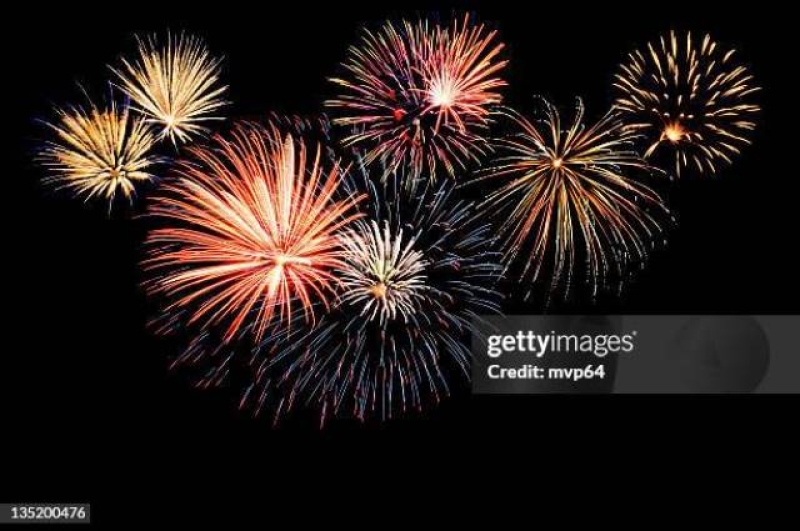- US Issues Travel Alert for Bangladesh Ahead of Election |
- Air ambulance carrying bullet-hit Hadi flies for Singapore |
- Can Dhaka’s arms recovery drive ensure peaceful polls? |
- ‘Unhealthy’ air quality recorded in Dhaka Monday morning |
- BD peacekeepers' deaths: UN chief calls Dr. Yunus, offers condolence |
Govt urges against use of firecrackers on 31st night

Using fireworks & firecrackers has become a tradition to celebrate the 31st night but such activities significantly exacerbate existing noise and air pollution levels.
Dhaka, Dec 27 -The Ministry of Environment, Forest and Climate Change has urged all to refrain from engaging in fireworks and firecrackers during the 31st night celebration across the country.
Seeking cooperation from all, the ministry says the use of fireworks and firecrackers is harmful and unlawful, according to a media release sent from the ministry on Friday.
Using fireworks and firecrackers has become a tradition to celebrate the 31st night but such activities significantly exacerbate existing noise and air pollution levels.
Referring to a media report, the release reads a child died after suffering from heart disease, frightened by the loud noise of fireworks during New Year celebrations.
Moreover, excessive noise can lead to numerous health issues, including hearing and memory loss, sleep disturbances, anxiety, aggression, high blood pressure, tinnitus, dizziness, increased risk of heart disease, mental instability, stroke, and heart attacks.
It mentions that unauthorised fireworks and firecrackers during New Year celebrations violate Rule 7 of the Noise Pollution (Control) Rules, 2006. Such actions are considered punishable offenses under Rule 18 of the same regulations.
As per the law, violations of these rules may result in a penalty of up to one month of imprisonment or a fine of up to Tk 5,000, or both, for the first offense. For subsequent violations, penalties may increase to up to six months of imprisonment or a fine of up to Tk 10,000, or both.-UNB

